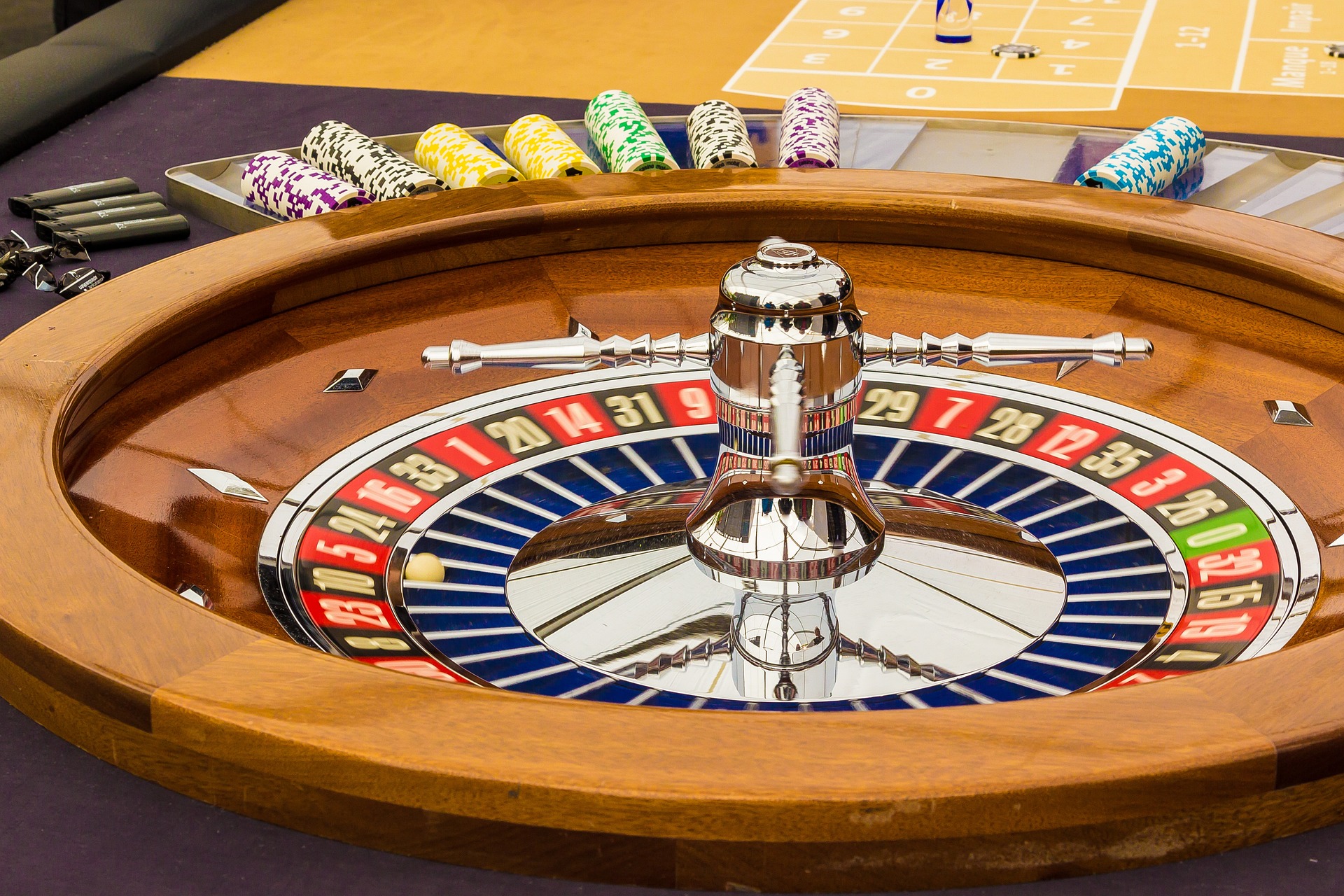The Cultural Influence of Casino Games Across the Globe

Casino entertainment have long been a fascinating source of amusement, drawing countless of players from different cultures around the globe. From the glitzy casinos of Las Vegas to the bustling gambling halls of the Chinese gambling capital, these games serve as a common thread that unites people across different backgrounds. The allure of fortune, strategy, and uncertainty entices not only those hoping to gamble for profit but also those seeking a feeling of belonging.
The cultural impact of casino games extends well beyond the gaming floor. They often embody the values and principles of the societies in which they flourish. Games such as seven-card stud, 21, and the wheel game have woven themselves into the fabric of cultural phenomena, influencing various aspects from cinema to clothing. As we explore this fascinating intersection of luck and culture, we can gain insights into how casino games shape and are affected by the environment surrounding us.
Chronological Development of Casino Activities
The roots of casino activities can be traced back to ancient civilizations, where gambling in various forms was widely practiced. In the East, around 2300 B.C., a variant of lottery known as Keno was popular, while in ancient the Roman Empire, soldiers would frequently wager on the results of their contests. The notion of using luck for fun and gain progressed over the centuries, leading to the creation of more formal games. By the end of the Middle Ages, betting houses initiated to surface in Europe, particularly in Italy, which presented early incarnations of popular activities still played today.
As gambling expanded recognition in European regions, the 17th and 18th centuries saw the emergence of gaming houses as dedicated locations for betting. The first official gaming venue, the Ridotto, was established in the Venetian city in sixteen thirty-eight, featuring activities like the game of Baccarat and Faro. This time marked a crucial pivoting point, as gaming venues commenced to draw not just the high society but also the expanding middle class. The refinement of activities grew, leading to the creation of new guidelines and modifications that enriched the gaming experience.
In the 19th century, the era of industrialization and transformations in social norms further altered the terrain of gambling games. The introduction of roulette and new slot machines drew a more diverse crowd, and casinos became seen as legitimate fun. This time witnessed the international spread of gambling, as gambling houses spread from the continent to the New World, culminating in the establishment of the iconic Las Vegas Boulevard in the 20th century. sin88.name The development of gambling games has persisted into the present day, incorporating technology and digital platforms, allowing them open to a universal population.
## Cultural Significance within Diverse Societies
Casino games have deep-rooted cultural importance in a multitude of cultures around the world. Places like Las Vegas, the very fabric of the urban landscape is woven around gaming venues, where gaming is not just a pastime but a fundamental aspect of social engagement and community interaction. The dazzling lights and dynamic atmosphere attract a vast audience, showcasing how games of chance can impact local financial landscapes and local cultures. This surrounding transforms the notion of recreation into an enriching experience that affects style, music, and even cinema.
On the other hand, some communities treat gambling with greater care, seeing it through the lens of morality and heritage. For instance, in various Asian cultures, games like Mahjong and Pai Gow are rich with history and have significant social relevance. These games are often played during gatherings and occasions, fostering community bonds and solidifying familial ties. The act of engaging in these games goes beyond mere leisure, reflecting values such as deference to seniors and the importance of shared enjoyment.
At the same time, in continental countries such as Monte Carlo and Italy, casino games serve as symbols of opulence and sophistication. The refined atmosphere of these venues attracts both tourists and native inhabitants, reinforcing a sense of prestige and elitism. The art of poker and the strategic elements of games like banker’s game are celebrated, influencing community relationships and creating an appeal that captivates a varied audience. This emphasizes how gambling can both echo and influence cultural attitudes towards danger, gain, and social interaction.
Economic Impact and Travel Industry
Gambling activities play a significant role in the economic landscape of many regions, particularly those that depend significantly on tourism. The revenue generated from gambling establishments fuels local economies, creating employment opportunities not only within the casinos themselves but also in connected industries such as hotel management, restaurant services, and recreation. This influx of tourists, drawn by the attraction of gambling and the overall casino experience, stimulates spending across multiple businesses, contributing to the economic vitality of the area.
The existence of casinos often leads to the construction of infrastructure, including hotels, transportation systems, and leisure amenities. These improvements are essential in improving the overall tourist experience, making locations more appealing to visitors. Additionally, many casinos contribute in local communities through support of events and philanthropic activities, further integrating themselves into the social fabric of the locality. Such investment not only supports economic growth but also cultivates a positive reputation of the casino industry.
Moreover, the global popularity of casino games drives tourism competition, with regions vying to attract players from across the globe. Iconic destinations like Las Vegas and Macau have become identifiable with casino culture, drawing millions annually. This competitive edge encourages innovation and variety within the gaming industry, influencing trends in entertainment and accommodation that extend beyond their limits. The consequences of this visitor influx extend far, impacting local economies and cultural exchanges on a global scale.
